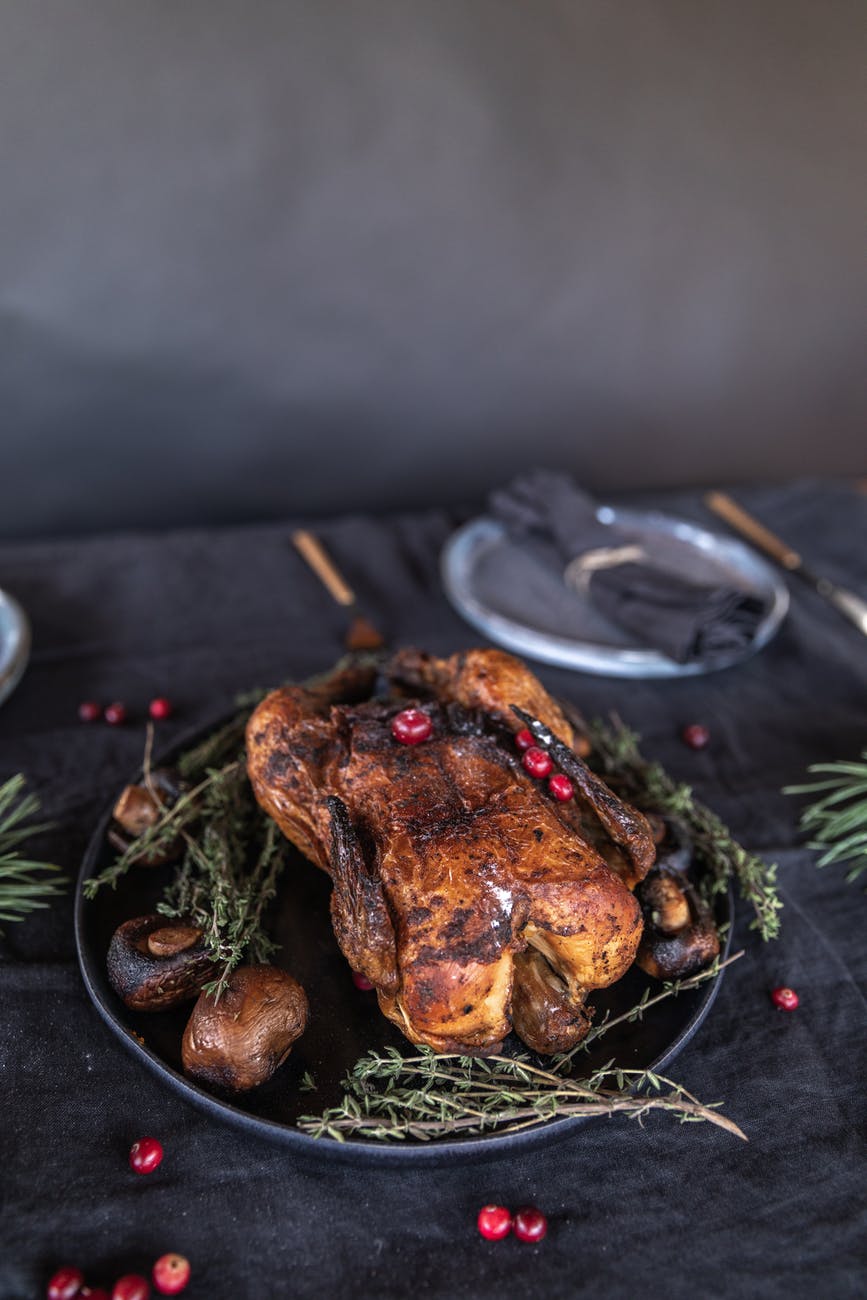Thanksgiving misgivings

The Pilgrim story of Thanksgiving was the one I grew up with. I was an adult when I learned that the first national Thanksgiving Day did not invoke the Pilgrims at all. President Abraham Lincoln declared a Thanksgiving Day on the last Thursday of November in 1863. It was an attempt at unity in the middle of the Civil War.
Thanksgiving does not work for me as a celebration of Pilgrims. It does work for me as a harvest festival. That is consistent with my cultural heritage. As Jews, we celebrate a harvest festival earlier in the fall. It is tempered with messages about the fragility of life. The harvest is not guaranteed; be happy with what we have reaped. Be glad we are prepared for winter.
There is a value to stopping to spend time with family. There is joy in a festival meal. These things are valuable and strengthening.
I don’t relate to the Pilgrims
The story of the Pilgrims is not a story that I have ever felt a part of. None of my ancestors participated in inter-Christian power struggles that forced the so-called Pilgrims to Holland. No one in my family followed Calvinist Christianity.
My family might have moved to Holland, like the so-called Pilgrims. Holland practiced religious freedom. Jews lived when they were banished from England (1290-1656). This overlaps when the Pilgrims (then called Separatists) arrived in Holland, in 1607.
The Pilgrims identified as English. (By the 1600’s, few Jews had any affinity to England.) The Pilgrims had a hard time being “English” in Holland. They also had limited economic opportunities. That is why they sought a charter to colonize in America in 1620. Their colonization had nothing to do with religious freedom. [Source]
When they reached America, they did not set up a society based on religious freedom; they set up a Calvinist society. Jews were not allowed there, nor were Christians who were not Calvinists. Jews did not arrive in America until they came with the Dutch to New Amsterdam in the 1650’s.
I don’t relate to the Thanksgiving story
Even as a schoolgirl, I didn’t buy the story about the happy, passive Natives helping the deeply pious Pilgrims through the first hard winters of building their colonial new Eden. I knew that Native American people lost nearly everything when Europeans colonized America. I knew that it couldn’t have been all sweetness and roses.
I didn’t learn all that much in elementary school about Native people during colonization. It was just the tip of the iceberg. My social studies books told us about how the Native societies operated and how they loved the land and were successful farmers and hunters. I knew that Natives wiped out a settlement in Jamestown, Virginia. (They must have had a reason, right?) I knew there were many tribes all over the country and they didn’t always get along with one another. Like I said, the tip of the iceberg.
My social studies books then fast-forwarded through the French and Indian Wars to westward expansion without a word about Native people. Suddenly, Natives lived on reservations, the buffalo were all gone, and the Natives were poor. There was not much about how that transition happened. I guess that’s what cowboy movies were supposed to teach me.
I was in junior high school (now called middle school) when I read about British military giving blankets infected with smallpox to Native people. This tactic is inhumane, and apparently didn’t do its intended harm; smallpox is not carried on surfaces like blankets.
I was in middle school when Bury My Heart at Wounded Knee was published; this book documents how Native culture was systematically harmed during American westward expansion. As a Jewish kid — one generation after the Holocaust — I was on the Natives’ side. BTW, I recommend that book. It is comprehensive, like Stamped from the Beginning, and will stay with you in concept, if not in detail. (Also, if you couldn’t get through Stamped from the Beginning, try Stamped: Racism, Antiracism, and You. It is shorter on history and longer on social trends and what they mean).
This sense that Thanksgiving is not wholly mine to celebrate is not all in my head. I have run across people who see Thanksgiving as Christian: a gateway to Christmas. For religious Christians, the emphasis on thanksgiving is giving thanks to God .
For more secular Christians, it is the gateway to Christmas shopping season. Turn on a TV on Thanksgiving day and see the full-blown start of Christmas consumer culture. Santa ends the Macy’s parade. The commercials are nonstop holiday gift buying as you watch your football. The dishes are not even dry when Black Friday doorbusters are busting doors.
National Day of Mourning
People who see the gaping holes in the American dream choose to join Native people in a national day of mourning. This is a choice for white people, as well as Natives. There are good reasons to not celebrate Thanksgiving when it perpetuates a myth that erases the story of the people who lived in New England before us. If you refrain from feasting, you are not “warring” on Thanksgiving. You are using the day differently; it is your day to use.
Even as you put the third side dish into the oven, you could listen to what the Native people have to say.